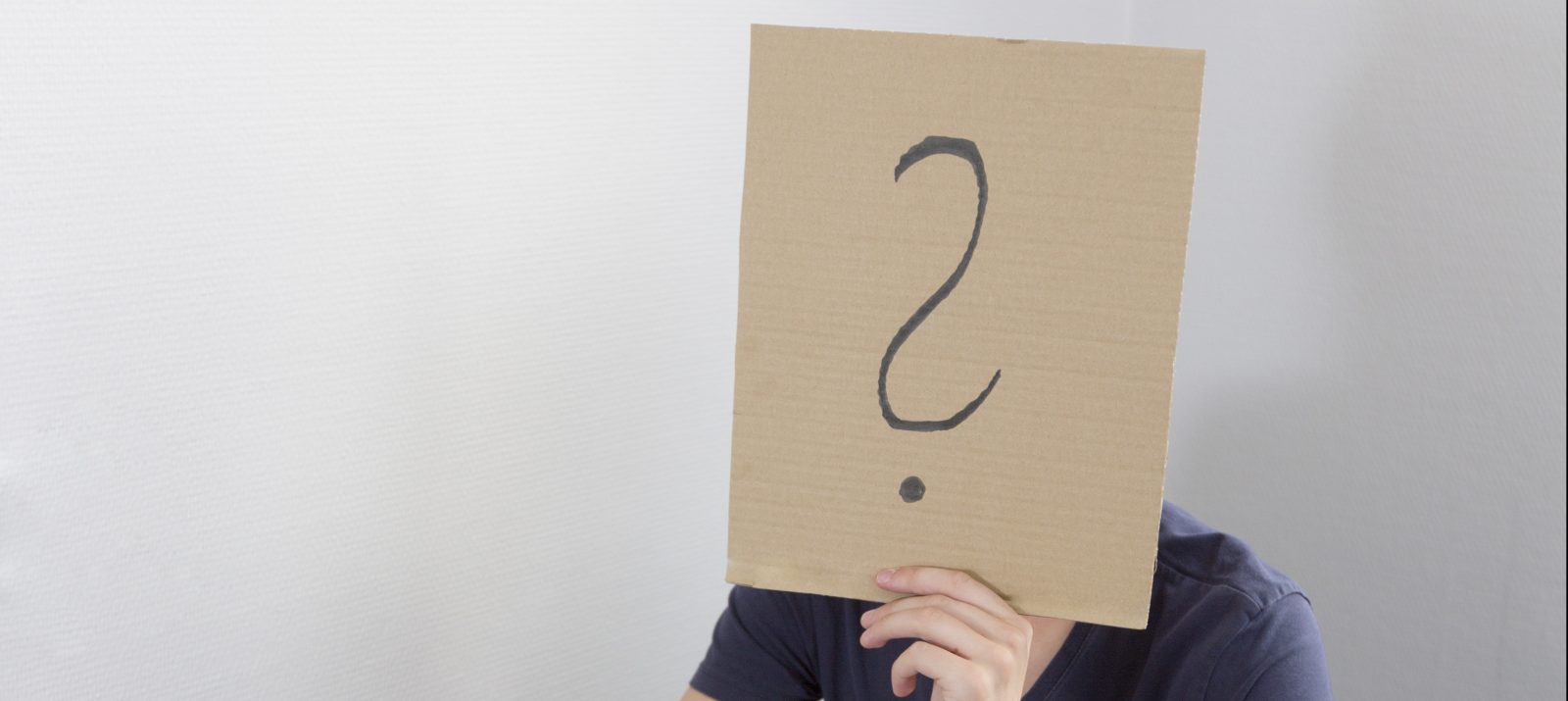
Anyone who smears a swastika on a house wall will be punished for it. But the street has long since ceased to be the sole place for the dissemination of forbidden symbols. On the internet, one click is all it takes to share a text, image or video with prohibited content with numerous readers. As in the physical world, there are also rules in the digital world. We provide information about prohibited symbols on the Internet.
It is forbidden to use signs of unconstitutional organizations. This is stated in Section 86a of the Criminal Code. Such marks are symbols that can be clearly assigned to a specific organization, such as the swastika. Slogans such as “Heil Hitler” are also banned because they clearly refer to National Socialism. Unconstitutional organizations are banned parties, associations or Nazi organizations.
Sharing prohibited symbols online is not always punishable by law. For example, if someone writes “Heil Hitler” in a private chat, this has no legal consequences. However, if the same person shares this publicly on platforms such as Facebook, X or TikTok, it is punishable by law. The distribution of such symbols in public spaces is prohibited by law.
Parents are not liable for their children if they share prohibited content under the age of 14. However, in most cases the youth welfare office is informed, which works with the parents and child to try to work through the background to the sharing. From the age of 14, juveniles can be prosecuted under the Criminal Code.
Children can share forbidden symbols such as the swastika or SS runes online with a simple click, without understanding the potential legal consequences. In what way prohibited symbols are shared does not matter. Whether in text, photos or videos – public sharing in itself is punishable by law. That’s what makes it so treacherous, especially for children. Because a video or meme that seems funny at first glance may contain prohibited symbols. Anyone who is not familiar with it has quickly shared it and thus spread prohibited content.
It is also problematic that some symbols are banned in Germany, while they are permitted in other parts of the world. Symbols from the Nazi era in particular may be legally shared online in some countries. This is why children can unknowingly google, download and share the swastika – despite the ban in Germany. Extremist groups often use social networks to share banned symbols and content, as many people are reached and tracking is often difficult.
Education and guidance: Find out together with your child which symbols are prohibited and why, in order to develop a better understanding of potentially problematic content. It is important and permitted to show such symbols for educational purposes and to explain the background and consequences. A good and quick overview is provided by the Democracy and Diversity website and the NinA NRW project. The Federal Office for the Protection of the Constitution has detailed descriptions of various distinctive signs and symbols of right-wing extremist movements.
Delete and report: If you or your child receive a forbidden symbol in private chats, delete it immediately. If you discover any on the Internet, it is important to report them to the police or to complaints offices on the Internet.
Open communication: Encourage an open exchange about online activities. Encourage your child to talk about their experiences online, including unpleasant or worrying situations.
Encourage critical thinking: Strengthen your child’s critical thinking in the online environment. Discuss how to critically scrutinize news and content on the Internet.
Against trivialization: Take an active stand against the trivialization of prohibited symbols. Explain to your child that these symbols represent extremist ideologies in today’s world.
For resistance: Encourage your child to take a stand against the distribution of prohibited symbols. Promote a positive online community, stand up for tolerance and democratic values.